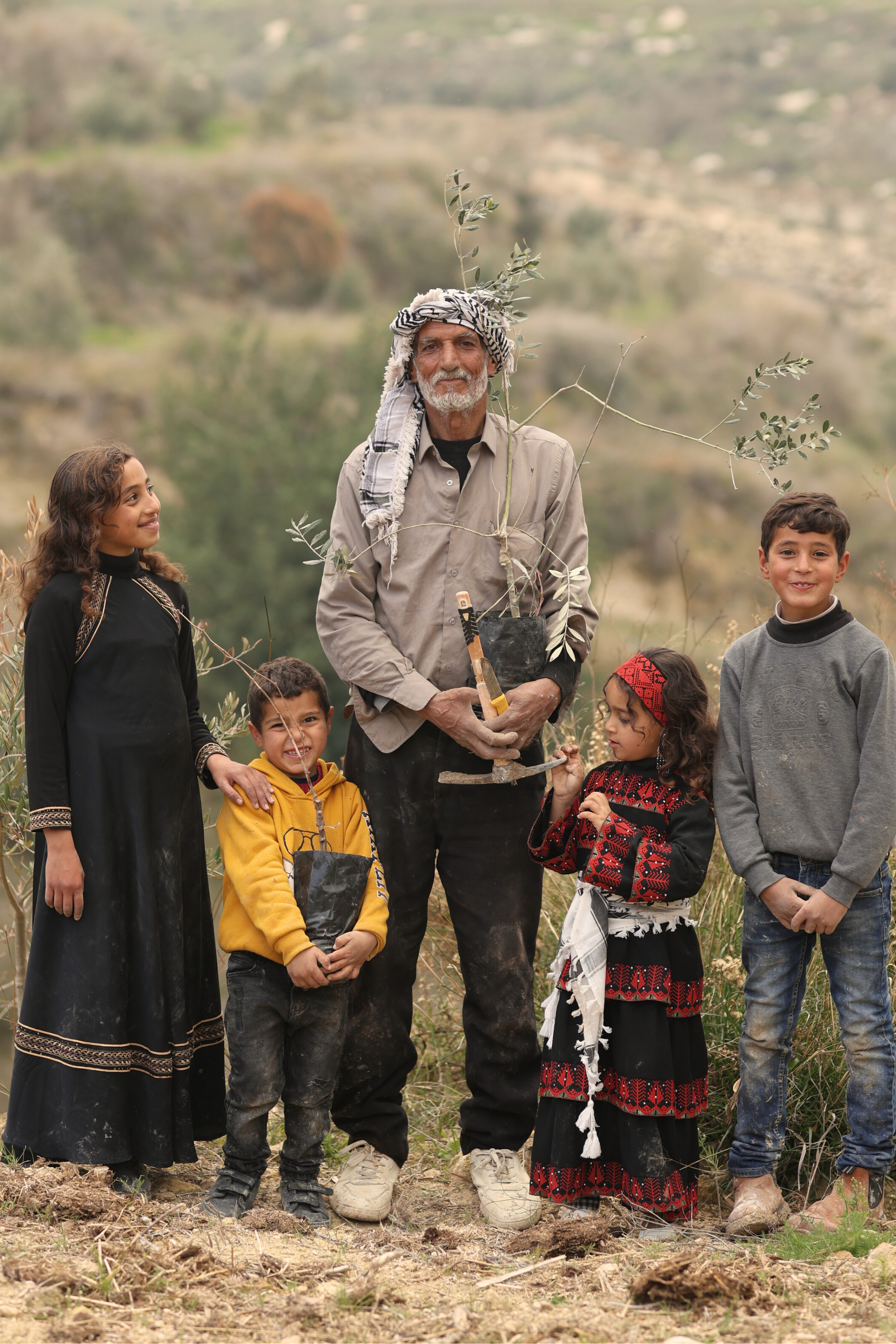
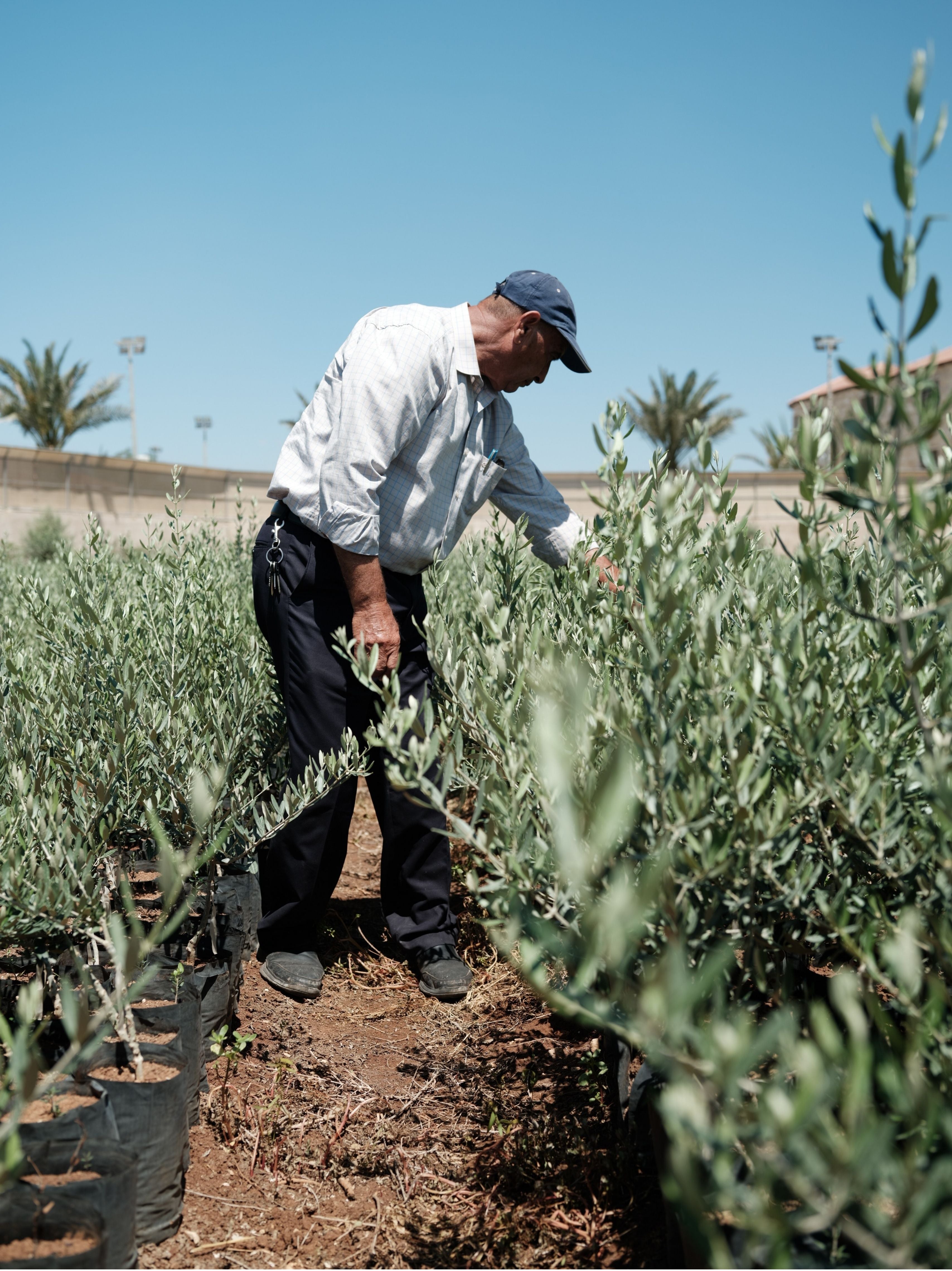
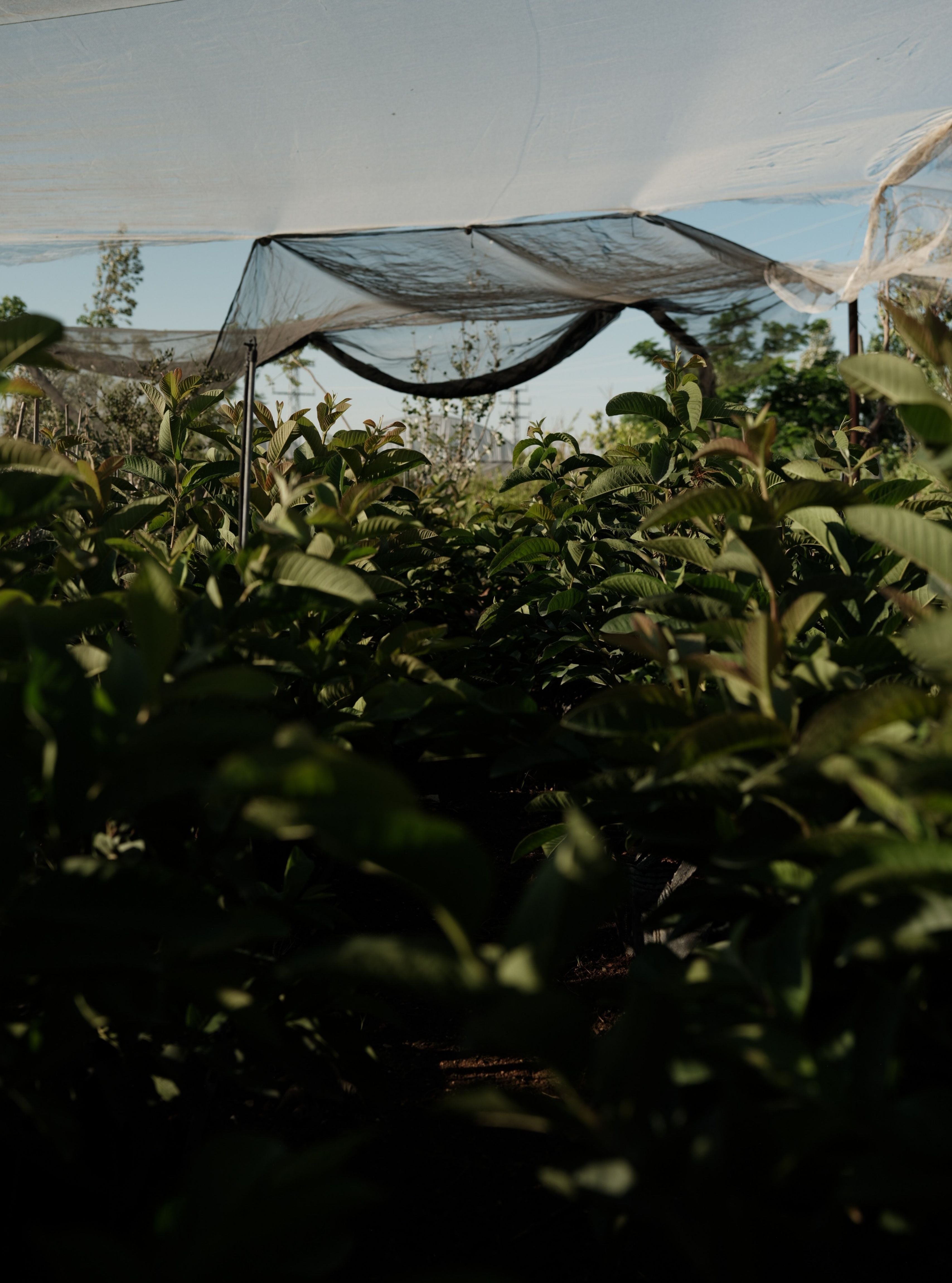
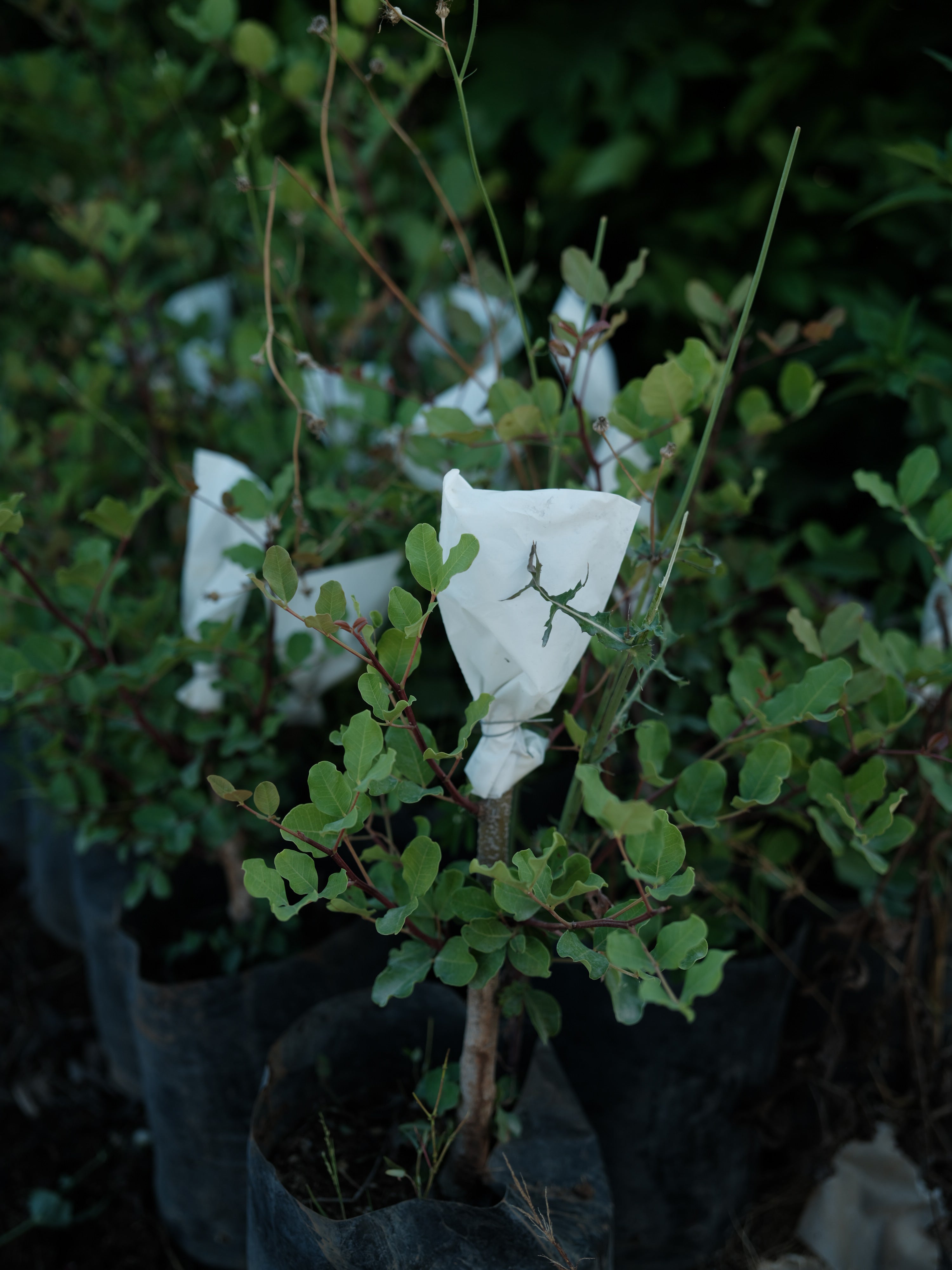
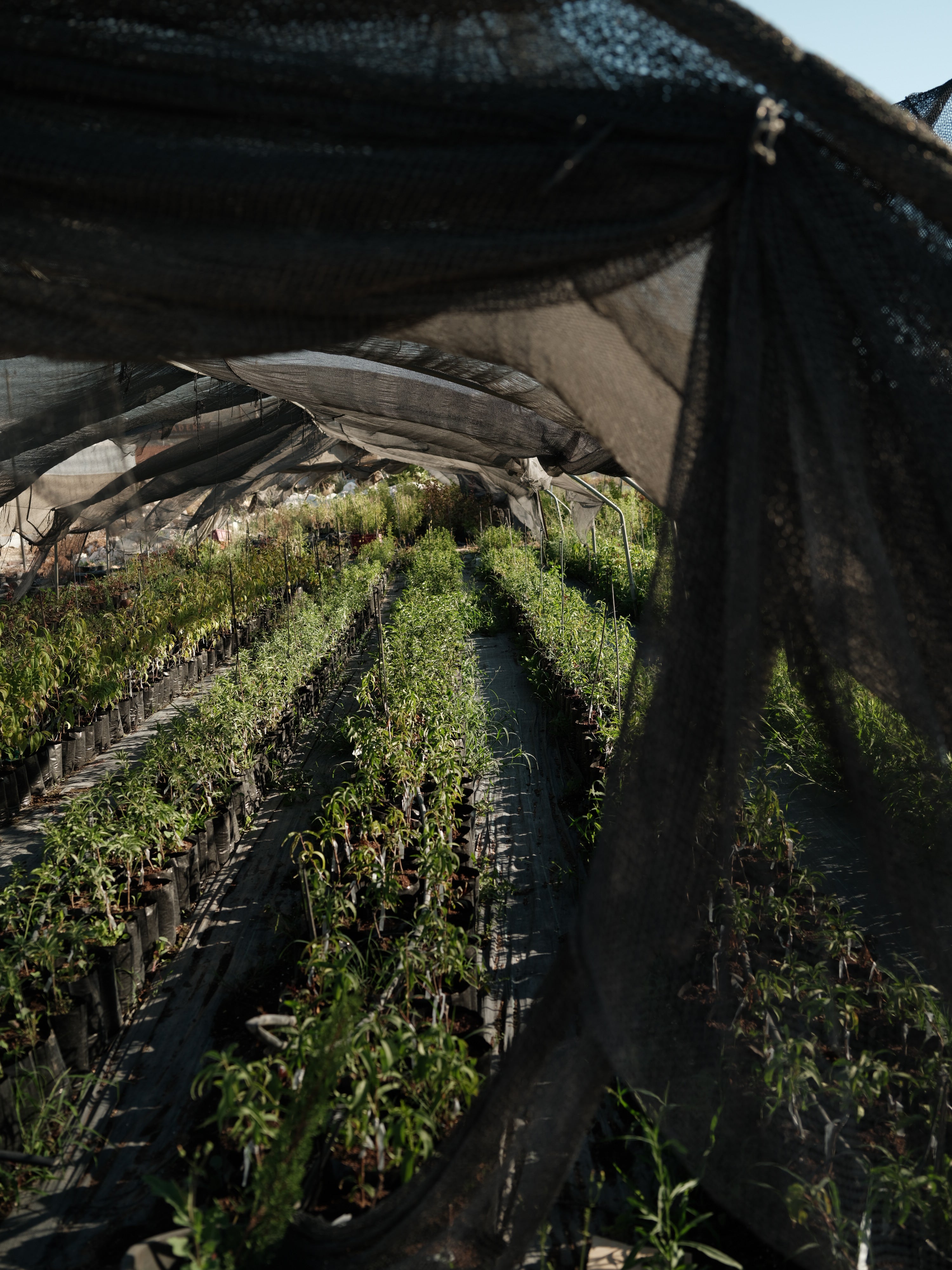
Plant a tree in Palestine
We plant so the future generation can eat.
The Trees for Life Program is a cornerstone of Canaan's commitment to sustainable agriculture and community well-being. Canaan started the Trees for Life Program as an avenue for international communities to contribute meaningfully to the lives of Palestinian farmers. This program supports farmers' livelihoods by investing in their orchards thus strengthening community ties to the land.
This program is supported by 100% grass-root donations from around the world.
The program plants staple crops like olives, almond trees, intercrop heirloom grains such and wheat and legumes and also increases biodiversity with other trees such as apricots, plums, carob, grapes, figs, pomegranates and array of forest trees that provide a function for the ecosystem.
To receive your tree certificate, please sign up for our newsletter.
Targeted Groups and Selection Criteria
The Trees for Life committee prioritizes young families, new and small-scale farmers, women farmers, and those cultivating land affected by the Israeli wall or military actions. Selection criteria focus on the challenges these groups face, ensuring that the support reaches those who need it most.
The History of the Program
The Trees for Life Program is a cornerstone of Canaan's commitment to sustainable agriculture and community well-being. Canaan started the Trees for Life Program as an avenue for international communities to contribute meaningfully to the lives of Palestinian farmers. This program not only supports farmers' livelihoods, but also combats desertification, enhances biodiversity, and strengthens community ties; and this is all made possible through 100% grassroot donations from around the world.
More than this, the Trees for Life Program is more meaningful than simply planting trees; it ensures that future generations are nourished by the fruits of these ancient trees, just as we have done for thousands of years. By inviting international communities to contribute to this time-honored tradition, Canaan fosters a human legacy of generational olive farming that sustains both our culture and our environment.
The Program began its journey in 2006, steadily growing in both impact and participation. Over the years, the number of participating farmers has increased significantly. While the financial benefits from the trees have greatly supported farmers and their families, the most profound impact has been the renewed sense of hope and dedication to the land. Since its inception, the program has distributed more than 429,873 seedlings to over 6,925 Palestinian farmers, helping to restore and sustain agriculture in the region.
2025 season
For Palestinians, agriculture is more than just a means of livelihood—it is deeply intertwined with their history, identity, and resistance. Farming holds profound spiritual and cultural significance, serving as a powerful act of defiance against the ongoing Israeli efforts to sever the connection between farmers and their land. Through cultivation, Palestinians assert their right to reclaim their lands, sustain their communities, and fight for their freedom.
However, Israel continues to confiscate Palestinian land through settlement expansion, resource theft, bypass roads, and the construction of the separation wall. Farmers are often left helpless as their olive trees—symbols of Palestinian heritage and resilience—are uprooted. Many stand at locked gates along the Wall, hoping for access to tend, plant, or harvest crops on land that rightfully belongs to them.
Young and small-scale farmers, in particular, face immense challenges in establishing and expanding their operations. Despite these hardships, the Palestine Fair Trade Association (PFTA) and solidarity groups have worked tirelessly to restore production and instill hope in affected farmers.
This year, Israeli restrictions have prevented many Palestinian farmers from harvesting their crops, particularly on lands near or beyond the Wall. These actions not only erase Palestinian cultural heritage but also deprive countless families of their primary source of income, exacerbating economic and social hardships in an already challenging reality.
Choose options






